How Many Watts Does a WiFi Router Use? A WiFi router is an essential item for anyone with a home internet connection. It’s the device responsible for providing wireless internet access to all of your devices, from smartphones and tablets to computers and TVs. But have you ever wondered just how much energy your WiFi router consumes? Well, let’s take a look at exactly what a WiFi router is and find out how many watts it requires.
At its core, a WiFi router is an electronic device that takes an incoming Internet signal from your modem and broadcasts it so that multiple devices can connect to the same network. This allows users to access the internet without having to use cables or wires. The most common type of WiFi routers are dual-band models which offer two separate frequency bands – one for 2.4 GHz devices such as phones or tablets, and one for 5GHz devices like laptops or gaming consoles.
Wattage and What it Means
Wattage is an important concept when considering the power of electrical devices. It can be helpful to understand what wattage is and how it relates to the items we use in our homes on a daily basis.
Watts measure a device’s electrical power, or rate of energy consumption. The higher the wattage rating indicates that more electricity is being used which can increase bills and strain resources. This means that understanding how much wattage your appliances are using will allow you to decide if changes need to be made in order to conserve energy and save money.
When thinking about WiFi routers, it is important to know how many watts they require in order to operate efficiently and economically.
Calculating Router Wattage
Calculating router wattage can be a difficult task for those who are not familiar with the technology. However, it is important to understand how much energy your router consumes so that you can make an educated decision when purchasing one. Knowing the power consumption of your router will also help in calculating the monthly electricity bill associated with its use.
WiFi routers usually consume anywhere between 2 and 20 watts of power while they are operating, although some models may require up to 30 watts or more. If a router is connected to other devices such as modems or antennas, this could further increase the total wattage being used by the appliance. To calculate the exact wattage consumed by your router, consider using an energy meter that measures voltage and current simultaneously. The resulting amount should give you a good indication of how many watts your particular model uses.
Factors Affecting Usage
WiFi routers are an essential component of modern-day internet usage, but they often use more energy than we realize. Understanding the factors that affect how much power your WiFi router consumes can help you make responsible decisions about its usage and energy consumption.
The amount of power consumed by a WiFi router varies based on several factors, including the number of connected devices, distance between the router and device(s), transmission speed, and data type being sent or received. As more devices connect to a single router, the greater the strain on it. If there is interference from other electronics near your router or if the signal has to travel longer distances from your router to device(s), then this will also increase wattage used by your router. Additionally, faster transmissions require more wattage than slower ones; for example, streaming large files requires much more wattage than sending emails.
Average Router Wattage Estimate
Everyone wants to know how much electricity their WiFi router is using. Knowing the average wattage of a router can help you make more informed decisions about your home energy usage. In this article, we’ll provide an estimate of the average router wattage and discuss how it affects your energy bill.
Modern routers vary in their wattages, with many newer models having lower power requirements than older ones. Generally speaking, most routers have an estimated wattage rating ranging between 2 to 20 watts. That said, the exact amount will depend on whether or not your router has additional features like USB ports for devices such as external hard drives and printers. Additionally, some manufacturers may specify a maximum power requirement for their products that could be slightly higher than the standard range specified above.
Saving Energy with WiFi Routers
It has become commonplace to find a WiFi router in homes and businesses across the world. This technology is essential for connecting multiple devices to the internet, but many people are unaware of how much energy their routers use or what wattage is required to power them. In this article, we will discuss how many watts a WiFi router uses and how to calculate it. We will also explore ways to reduce the amount of energy used by these devices in order to save money on electricity bills.
How Many Watts Does a Wifi Router Use
A standard wifi router uses about 5-6 watts of power. However, this can vary depending on the make and model of the router. Some routers use more power when they are first turned on, while others use less power when they are in standby mode.
Do All Routers Use the Same Amount of Power
No, all routers do not use the same amount of power. The amount of power a router uses depends on the specific model and brand of router. Some routers are designed to be more energy efficient than others.
Why Do Manufacturers Not List Power Consumption on Routers
Most routers these days come with some form of power-saving features, which can be great if you want to save on your electricity bill. However, many manufacturers do not list the power consumption of their routers on the box or in the product manual. Why is this?
It turns out that there are a few reasons why manufacturers might not want to list the power consumption of their routers. First, it’s important to note that the power consumption of a router can vary quite a bit depending on how it’s being used. A router that’s constantly streaming video or downloading large files will use more power than one that’s only being used for basic web browsing and email.
Second, the power consumption of a router can also vary depending on the specific model and brand. Some brands and models are more energy-efficient than others, so listing the power consumption might give consumers the wrong impression about a particular router. Finally, it’s worth mentioning that most routers these days come with some form of power-saving features, which can greatly reduce their overall power usage.
Many manufacturers don’t bother listing the power consumption because they know that most consumers will never use all of the router’s features at once, so their actual power usage will be lower than what’s listed on the box.
How Can I Save Energy When Using a Router
There are many ways to save energy when using a router. One way is to use a router with an Energy Star label. This means that the router has been certified by the Environmental Protection Agency (EPA) to meet certain energy efficiency standards.
Another way to save energy is to use a power strip with an on/off switch so you can easily turn off the router when it’s not in use. Finally, unplugging the router when it’s not in use will also help conserve energy.
Final Thoughts
The question of how many watts a WiFi router uses is an important one to consider when it comes to reducing energy costs and making sure you are using energy efficiently. In this article, we discussed the various power levels of a WiFi router, as well as other factors that can influence the amount of electricity used by your device. In conclusion, knowing how many watts your device consumes has multiple benefits.
First and foremost, it can help you track and manage your electricity usage more effectively. This can lead to lower utility bills and increased efficiency for both home and business applications. Additionally, knowing the wattage of your devices can help ensure that they are not being overworked or underpowered—both of which could cause overheating or poor performance in the long run.
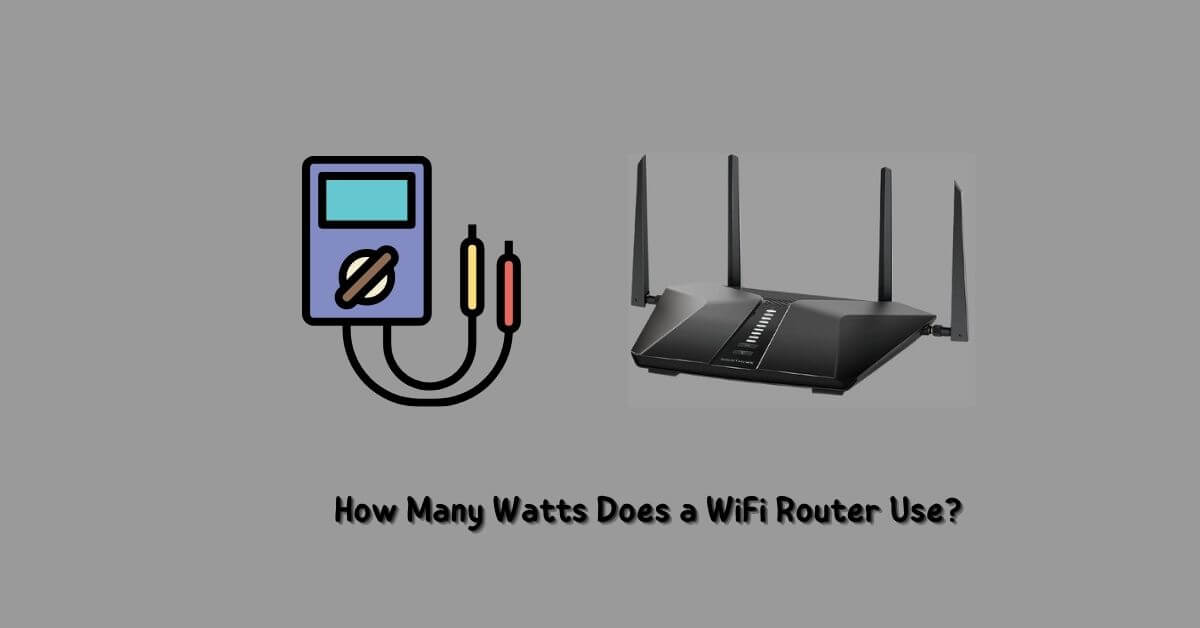


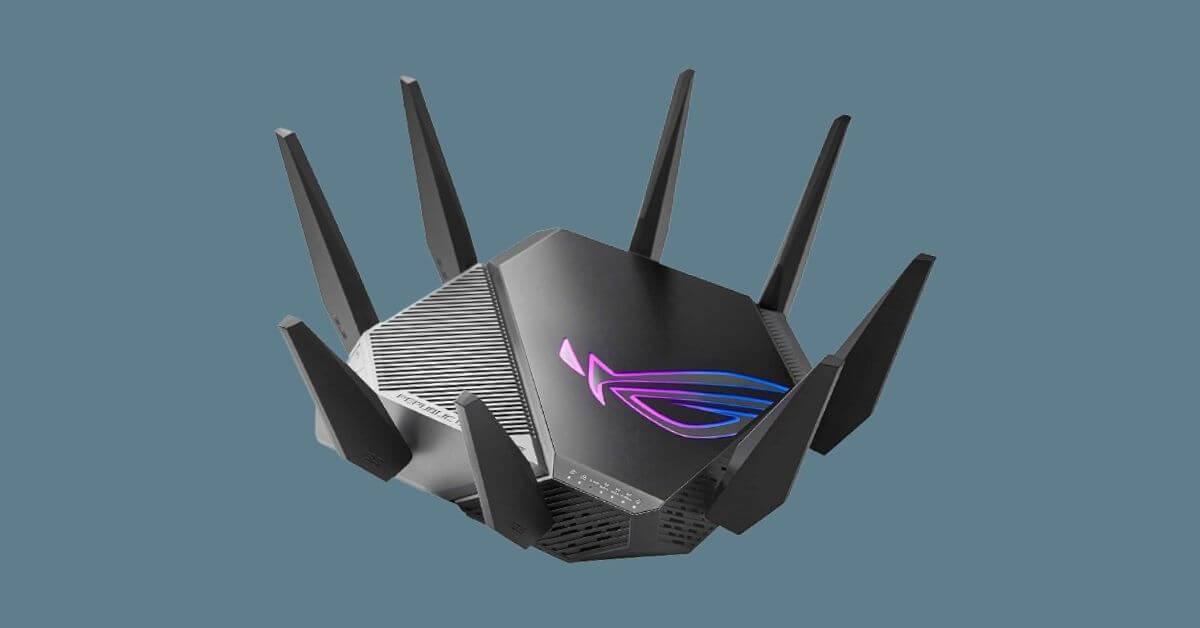
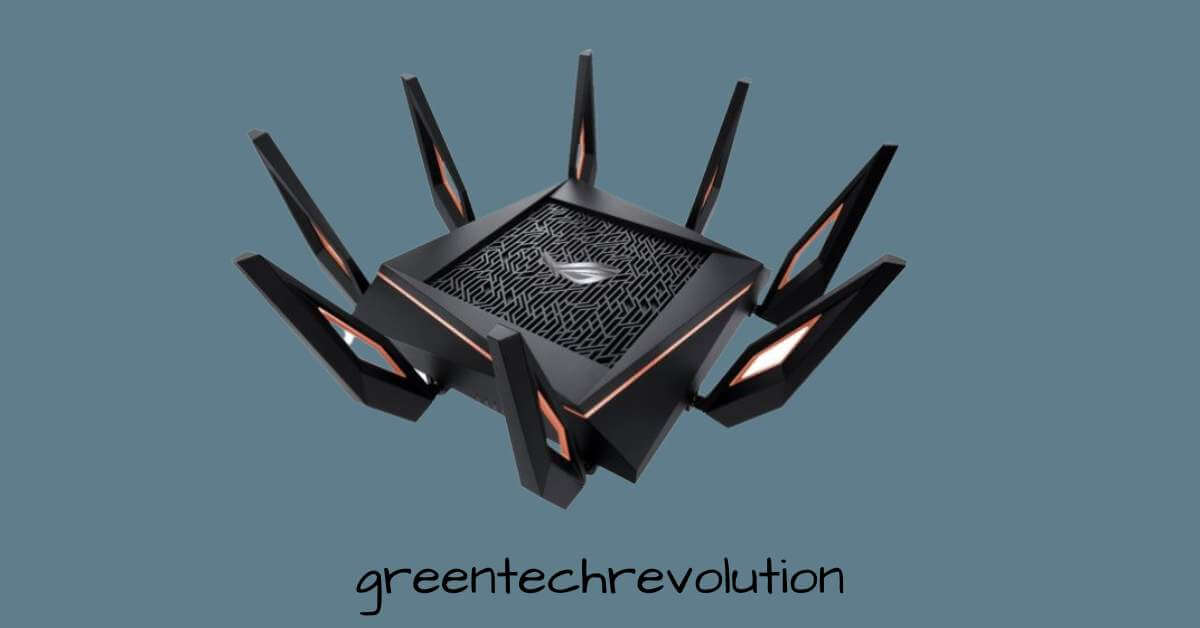
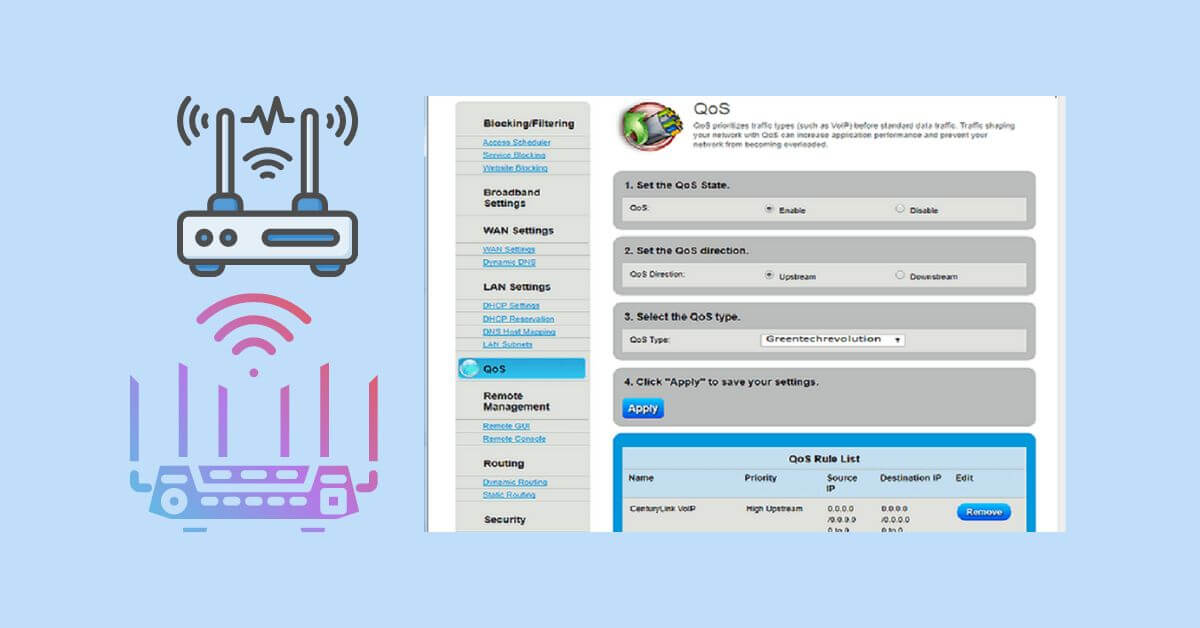

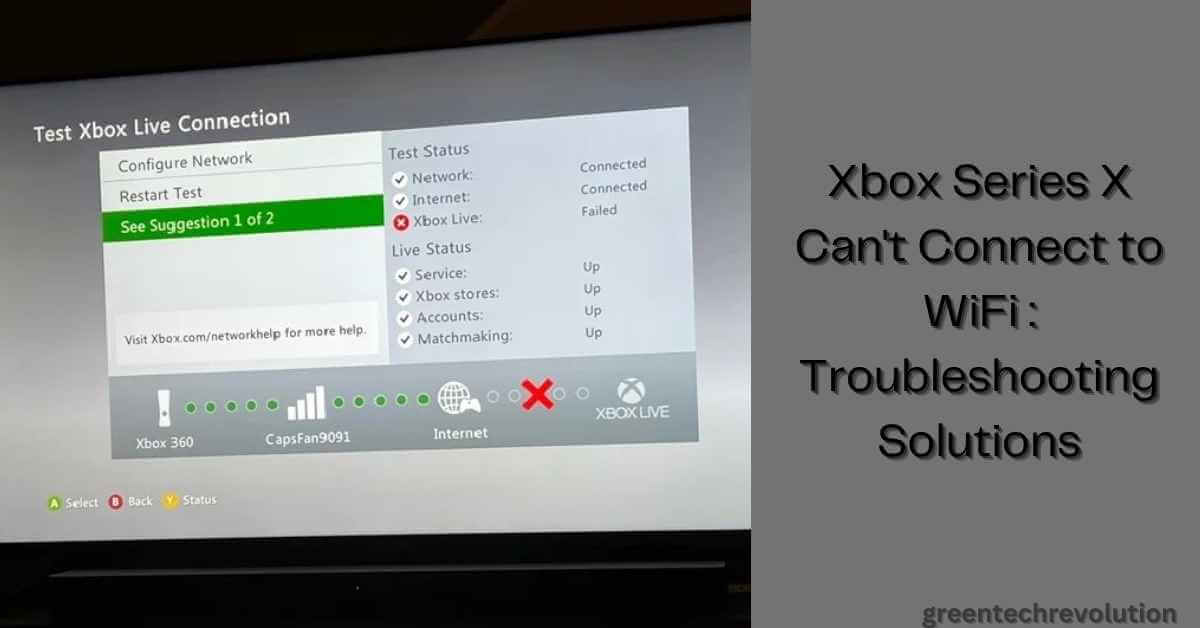
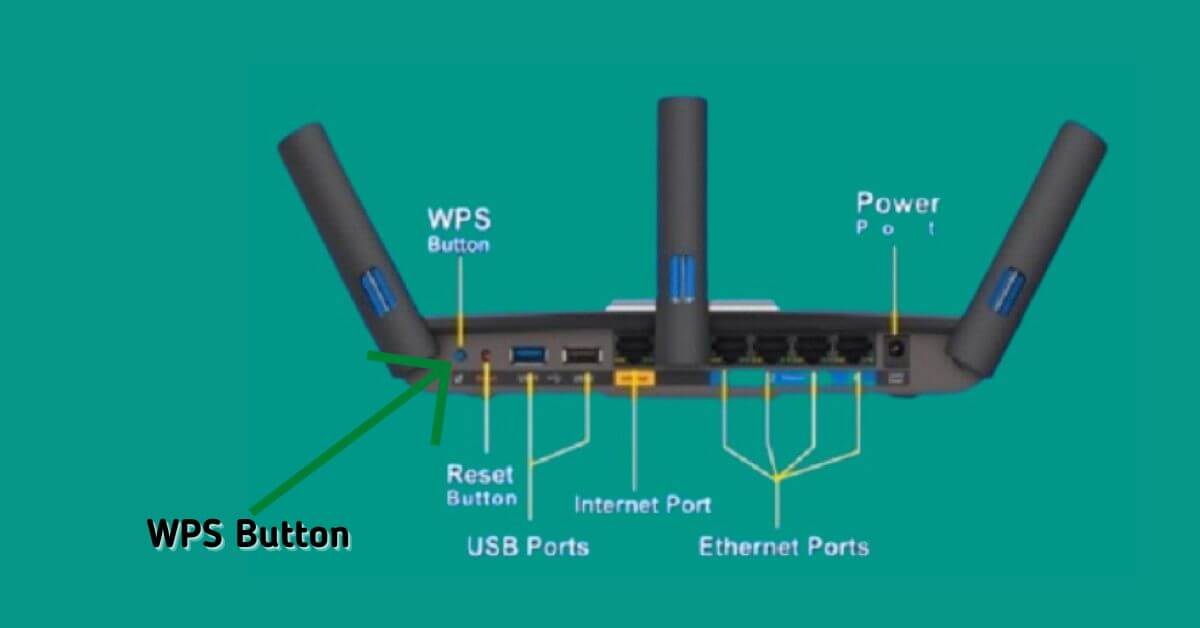
Leave a Reply
You must be logged in to post a comment.